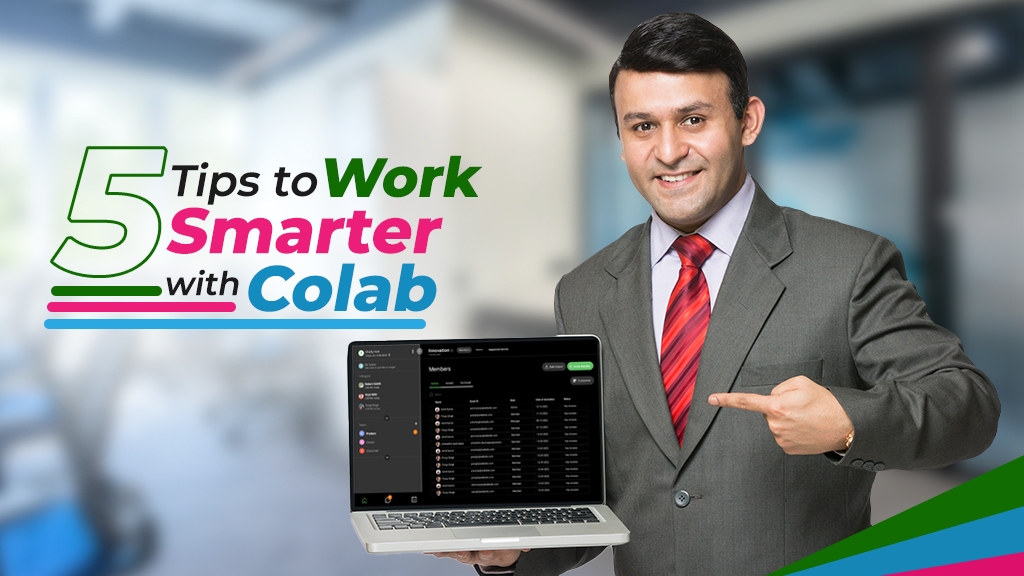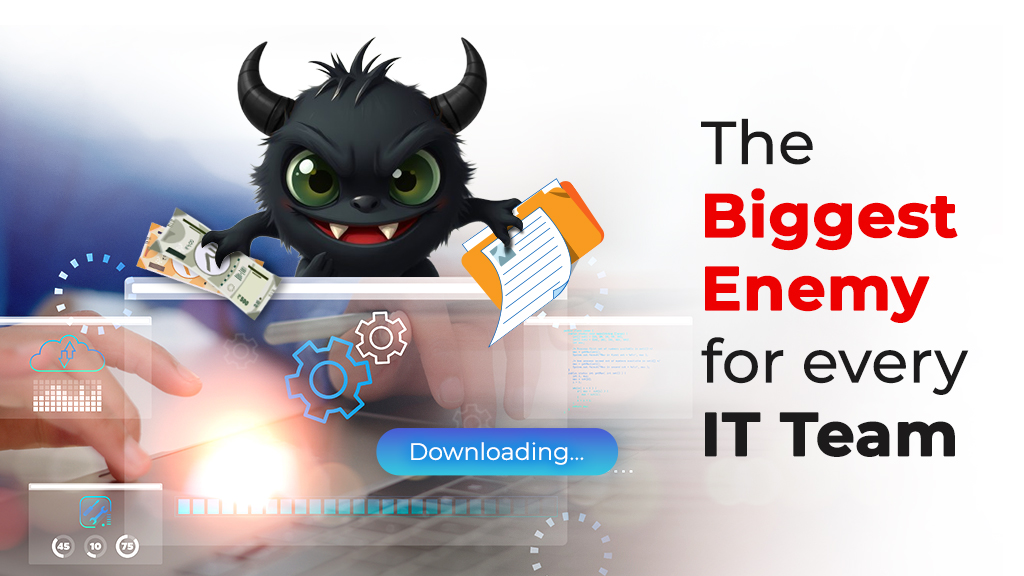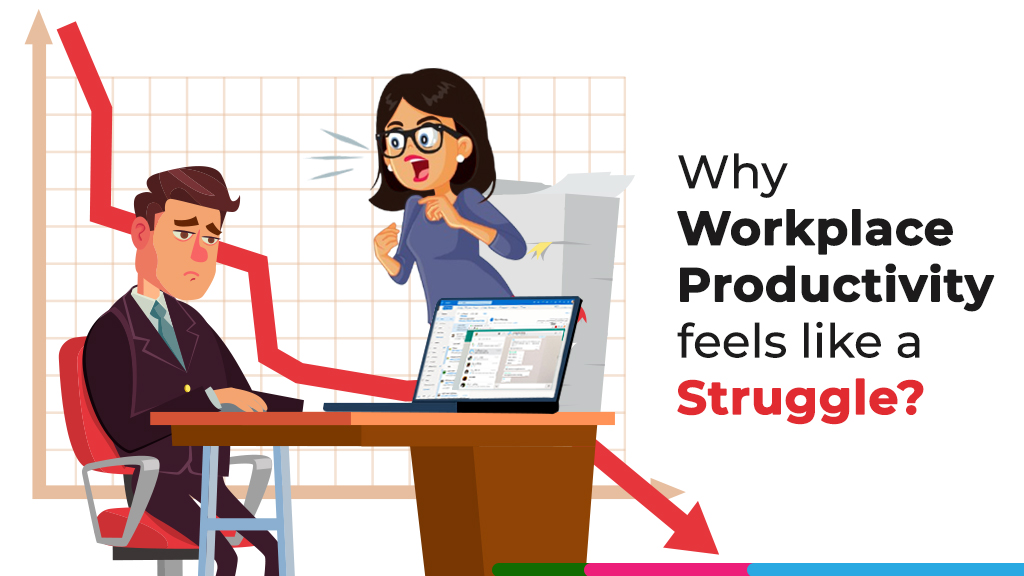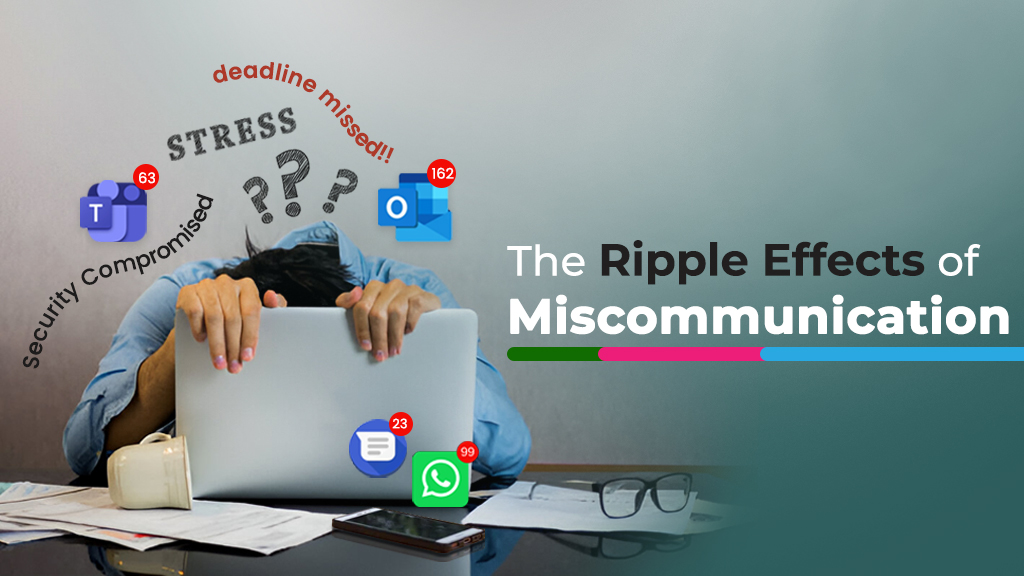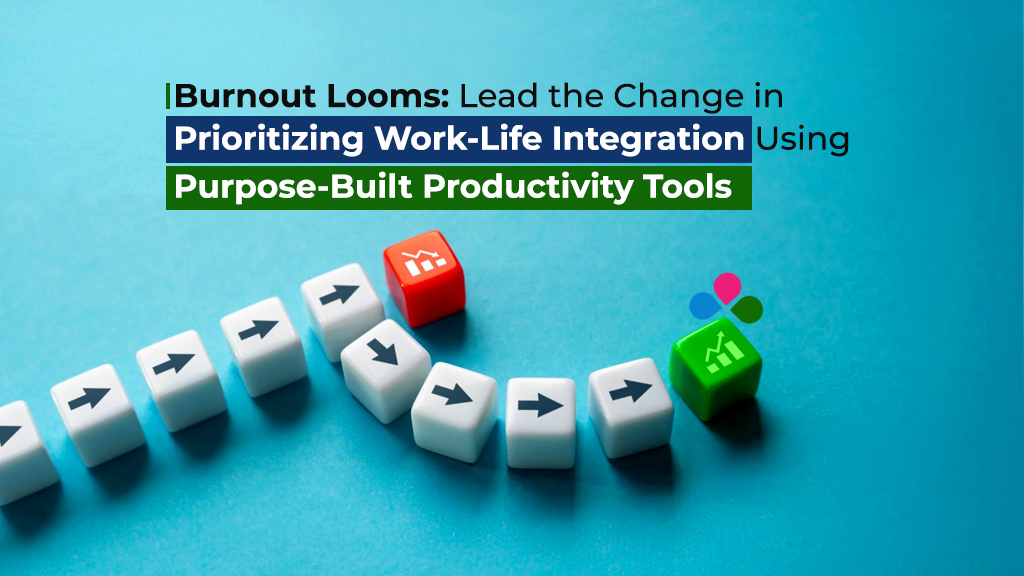Traditionally speaking, HR departments have been thought of performing only administrative functions. At times also referred to as personnel departments, the key responsibilities of traditional HR departments have been mostly clerical and had been focused primarily on maintaining the workforce record.
However, all of it has changed in the last 30 years…
HR practices today are more focused on providing a competitive advantage to organizations –something we know as the ‘strategic HR’ practices. This new phrase has witnessed a complete overhauling of the traditional HR practices that have now switched focus to key metrics like enhancing employee performance, talent acquisition, implementing company policies, etc.
The impact of Artificial Intelligence (AI) on workforce and organizational process though not new, is definitely in a nascent stage. When organizations successfully combine the power of AI with strategic insights, it immediately transforms the way HRs contribute to the desired competitive advantage. It may be safely stated that AI provides better accuracy and stability to everyday HR processes using an algorithm that connects quality data with fast computation services. In simple words, the traditional HR initiatives had led to incremental change, while the implementation of AI has paved the way for an exponential performance boost for any given HR department.
Why is AI being used in HR?
After successfully transforming visual perception, speech recognition, tone analysis, language translation, natural language processing, and other such areas, AI has the potential to properly augment business operations and consumer solutions.
But why in HR? Here are five primary reasons why AI should be used in HRDs that we think is the most logical.
- Solving Critical Business Challenges
Successful implementation of AI in HR processes would help organizations scale up their respective services and deliver better insights without the need for unnecessary headcount or cost. With the help of AI-based solutions, organizations will be able to empower employees to drive better delivery on the business strategy and enabled proper allocation of the financial resources.
- Supporting Better Decision Making
Today all forms of business decisions are best made analytically owing to the overwhelming rate at which information is being generated. AI may be used to make sense of this vast amount of information and generate recommendations. Proper implementation of AI would enable HRs to be able to cater to employee concerns in real-time with the help of applications.
- Improving Employee Experience
In today’s day and age, employees look for a more personalized experience as opposed to a standard one. HRs today may take the help of advanced AI solutions to offer employees a tailor-made experience that would help in keeping them engaged right from the start to the end of a process.
- Attracting and Developing New Skills
There is a huge disruption in the business world today, and successful organizations are effectively coping up by creating an agile work environment. In addition, being able to respond faster and accurately, helps organizations to stay ahead of their competitors. This means, companies are always on the lookout for skills that facilitate the right kind of innovation that workplaces. And in this regard, AI would be able to help HRs source the right kind of talent.
- Using the HR Budget Efficiently
AI implementation promises to help HRs in not just addressing employee queries effectively, but also be able to become more efficient with the designated funding for their department. This way the HR spend can be shifted to more complex problem solving, and thereby, adding value to the core company objective. The savings, thus made, can be reinvested in implementing more AI-based solutions, and in the long run, increase the ability of an HR to solve critical business challenges, develop and encourage more strategic skill-building, pave the way for positive work experience, and provide valuable decision-making.
Understanding the Roadblocks to the Future…
When considering the roadblocks to successfully implementing AI in the HR field, the first and foremost factor that surfaces from surveys is financial barriers. The other critical barriers include:
- The difficulty of finding skillful individuals
- A concern over data protection and privacy
- Regular reviewing, updating, and maintenance of the tools
- Integrative capabilities of the service/s
- The limited availability of trusted applications
Overcoming all these barriers, successful businesses have started brainstorming how to incorporate conversational AI in all their HR transactions. Moreover, organizations are looking towards AI for performing administrative tasks in order to disburden HR departments and create more lucrative opportunities for them to involve themselves in effective decision making and value-added strategy planning on an organizational level.
AI has successfully opened the doors to previously unimaginable opportunities in business processes. And now, proper implementation of AI and constant upgradation of its promises to help HRs pave the way for a future workplace, where the workforce would be empowered to enjoy perfect control of their careers and would be motivated enough to modernize their skills so as to match with the technology trends that are or will be disrupting the business realm.
HR applications that will be powered by AI promise to have the potential to be able to empower HR professionals to become knowledgeable consultants and raise the employee productivity by leaps and bounds. These applications would help in systematic analysis, prediction, and diagnosis; and, transform the HRDs into capable and powerful resources in each organization.
NexAEI has been a product that was carved out from the ideas of senior HR professionals who needed something more than an application that runs on AI. Right from a state-of-the-art multiple facial recognition as a part of the advanced biometric for attendance capturing to consolidating and centralizing all employee data on the cloud and a robust rules engine for policy governance, NexAEI is helping HRs redefine their roles in a company.


